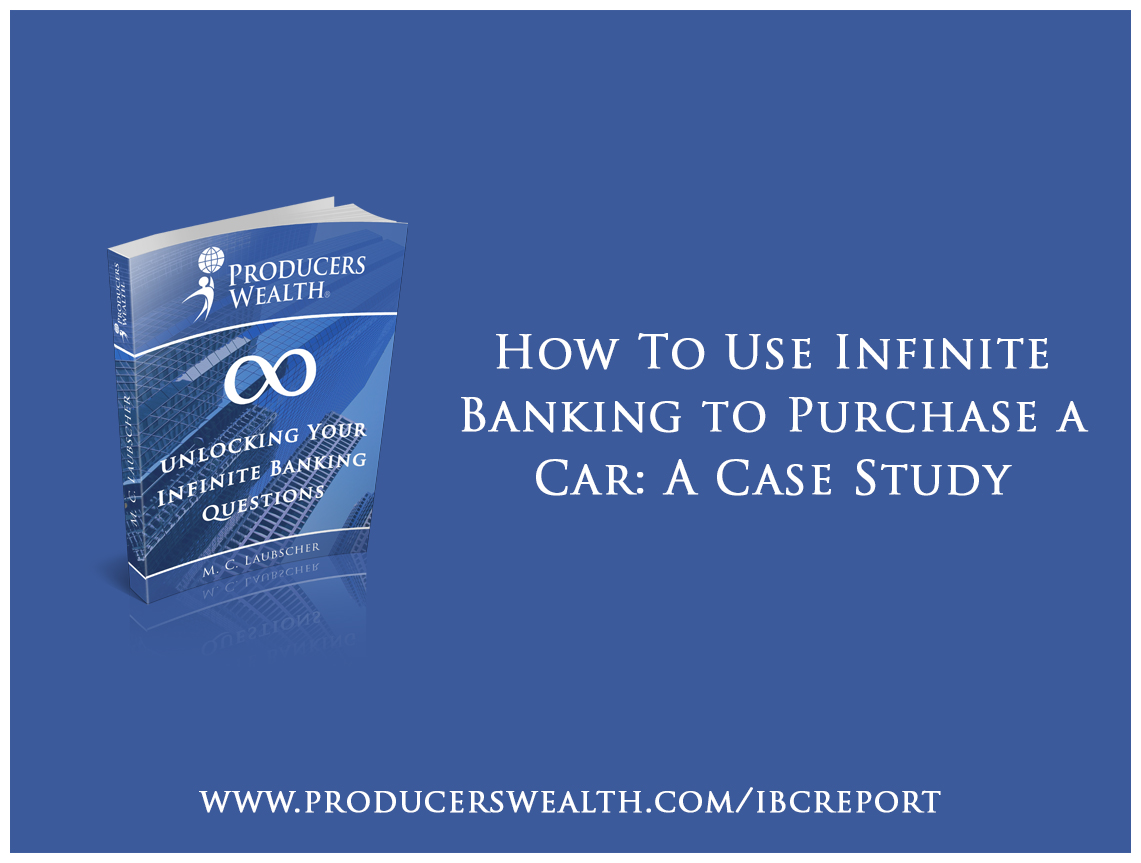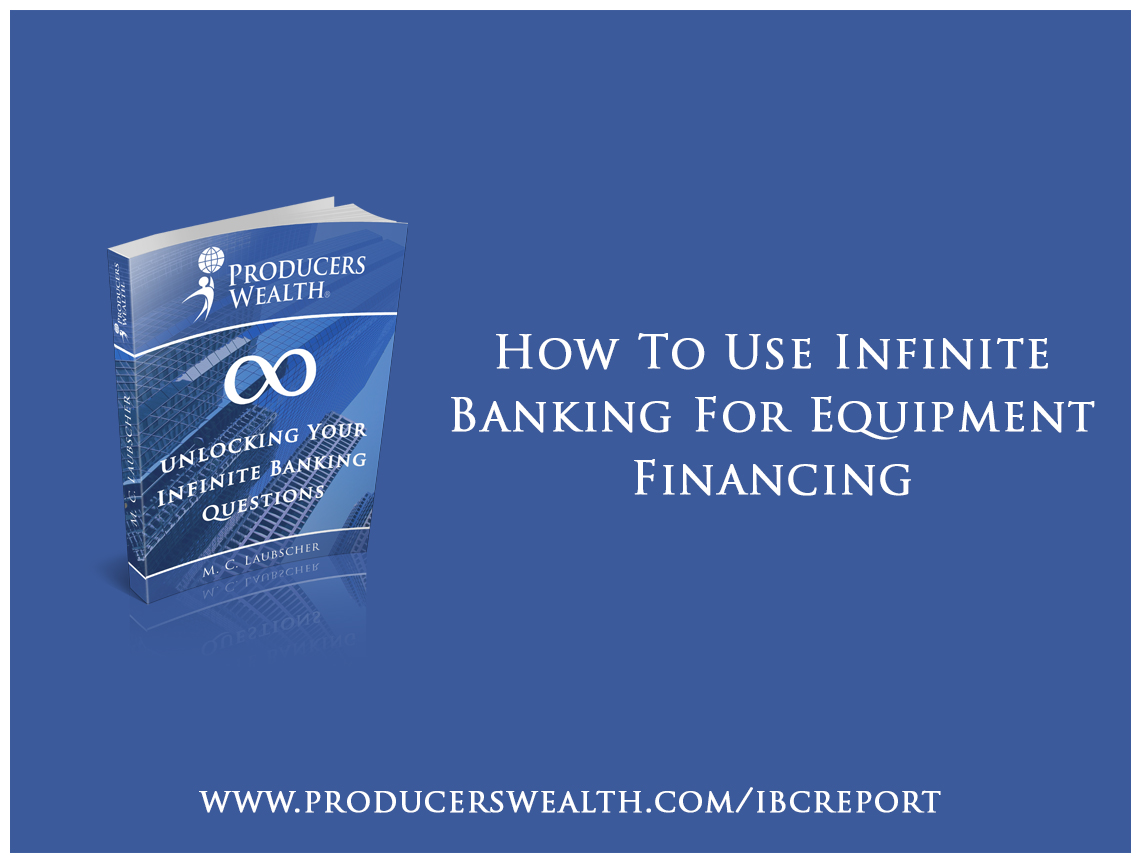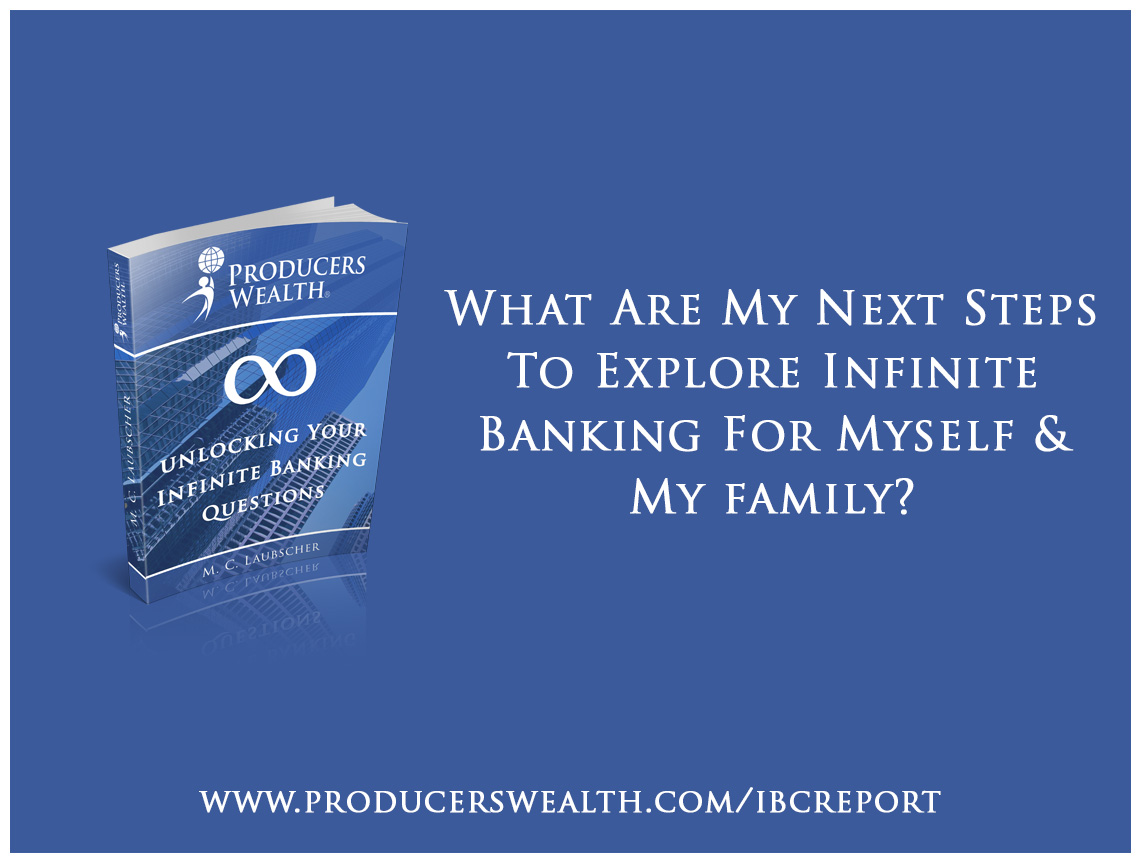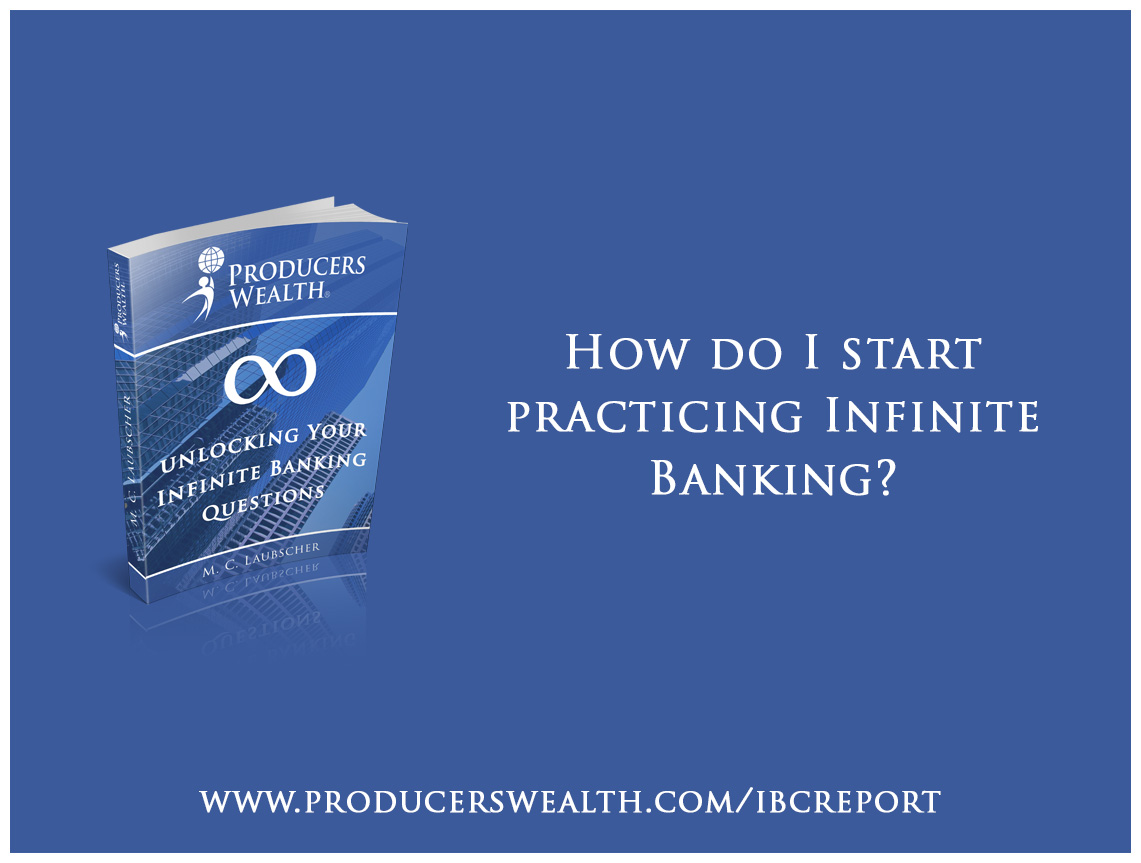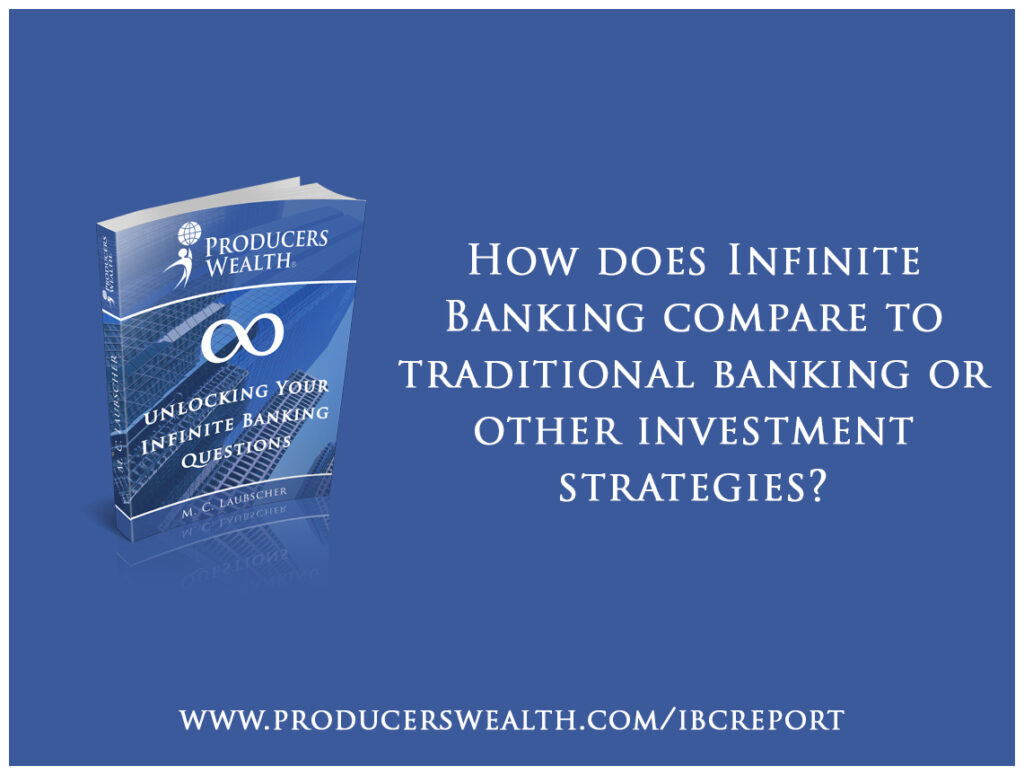
Infinite Banking, when implemented using a dividend-paying whole life insurance policy, offers a unique approach to managing personal finances compared to traditional banking and other investment strategies.
Here are some key differences and comparisons:
Control and liquidity: Infinite Banking allows you to have greater control over your money, as you can access your policy’s cash value through policy loans without the need for credit checks or loan approvals. This provides enhanced liquidity compared to traditional savings or investment accounts, which may have withdrawal restrictions or penalties.
Tax advantages: As previously mentioned, Infinite Banking offers several tax benefits, including tax-deferred growth, tax-free withdrawals up to the policy’s cost basis, tax-free policy loans, and a tax-free death benefit. Traditional banking and investment accounts, on the other hand, are generally subject to taxes on interest, dividends, and capital gains.
Loan flexibility: With Infinite Banking, you can borrow against your policy’s cash value without impacting your policy’s growth, as long as you manage the loans responsibly. Traditional banks and lending institutions typically require collateral, credit checks, and have fixed repayment schedules.
Protection from market fluctuations: The cash value in a whole life policy grows at a guaranteed minimum interest rate and may also earn dividends, providing a more stable and predictable growth compared to investments subject to market fluctuations, such as stocks, bonds, or mutual funds.
Dual-purpose benefit: Whole life insurance policies provide both a death benefit and cash value accumulation, which allows you to build wealth while also providing financial protection for your loved ones. Traditional banking and investment strategies generally focus on either wealth accumulation or risk management, but not both.
Long-term perspective: Infinite Banking is a long-term strategy that requires discipline, patience, and consistent premium payments. It may take several years to build substantial cash value, and the strategy may not be suitable for those seeking short-term gains or immediate liquidity.
Complexity and fees: Whole life policies used in Infinite Banking can be more complex and have higher fees compared to traditional banking or investment products. Working with a knowledgeable advisor is essential to understand the costs, benefits, and limitations of the strategy.
You can download the full report “Unlocking Your Infinite Banking Questions” here.
You can watch all of our educational videos on Infinite Banking here.




